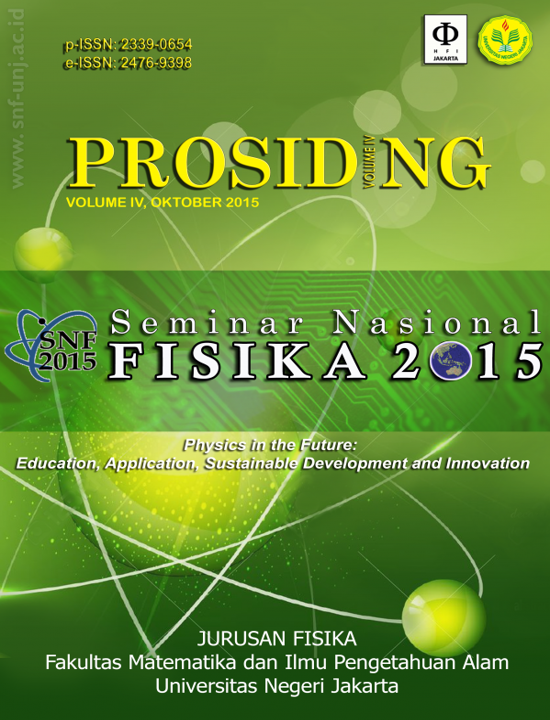PENGARUH KEMURNIAN BAHAN BAKU TERHADAP SINTESA LIBOB UNTUK APLIKASI ELEKTROLIT BATERAI LITIUM-ION
Abstract
Lithium bis (oxalato) borate (LIBOB) was proposed as a promising electrolyte for lithium-ion battery. Many research reported that LIBOB synthesis have been successfully performed using analytical grade materials, therefore this research was aimed to substitute them with technical grade materials as well as mixing of technical grade and analytical grade materials, using similar synthesis method. The resulting synthesized LiBOB in a form of white powder was then characterized using XRD and FTIR to identify formed phases and functional groups. Cyclic voltammetry and charge-discharge test was performed to observe LiBOB performance as electrolyte in battery cell. It was shown from the test results that LiBOB salt synthesized from all technical grade materials exhibited LiBOB and LiBOB hydrate phase with 72% purity. Meanwhile, LiBOB salt synthesized from partly analytical grade materials exhibited LiBOB and LiBOB hydrate phase with 99% purity. It was also observed from cyclic voltammetry and charge-discharge test that the reversibility during redox reaction occurring in the battery cell with LiBOB salt synthesized from all technical grade materials was better than LiBOB salt synthesized from partly analytical grade materials. First discharging capacity of LiBOB salt synthesized from all technical grade materials was lower than LiBOB salt synthesized from partly analytical grade materials, but it exhibited higher performance during subsequent discharge.
Keywords: Lithium (bis)oxalato borate, XRD, FTIR, cyclic voltammetry, charge discharge, reversibility.





